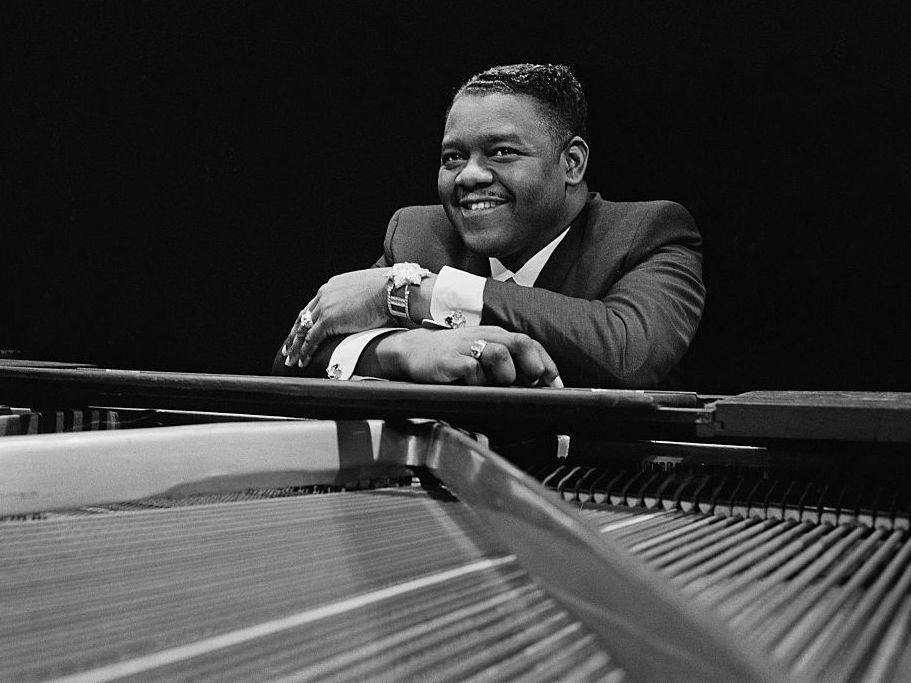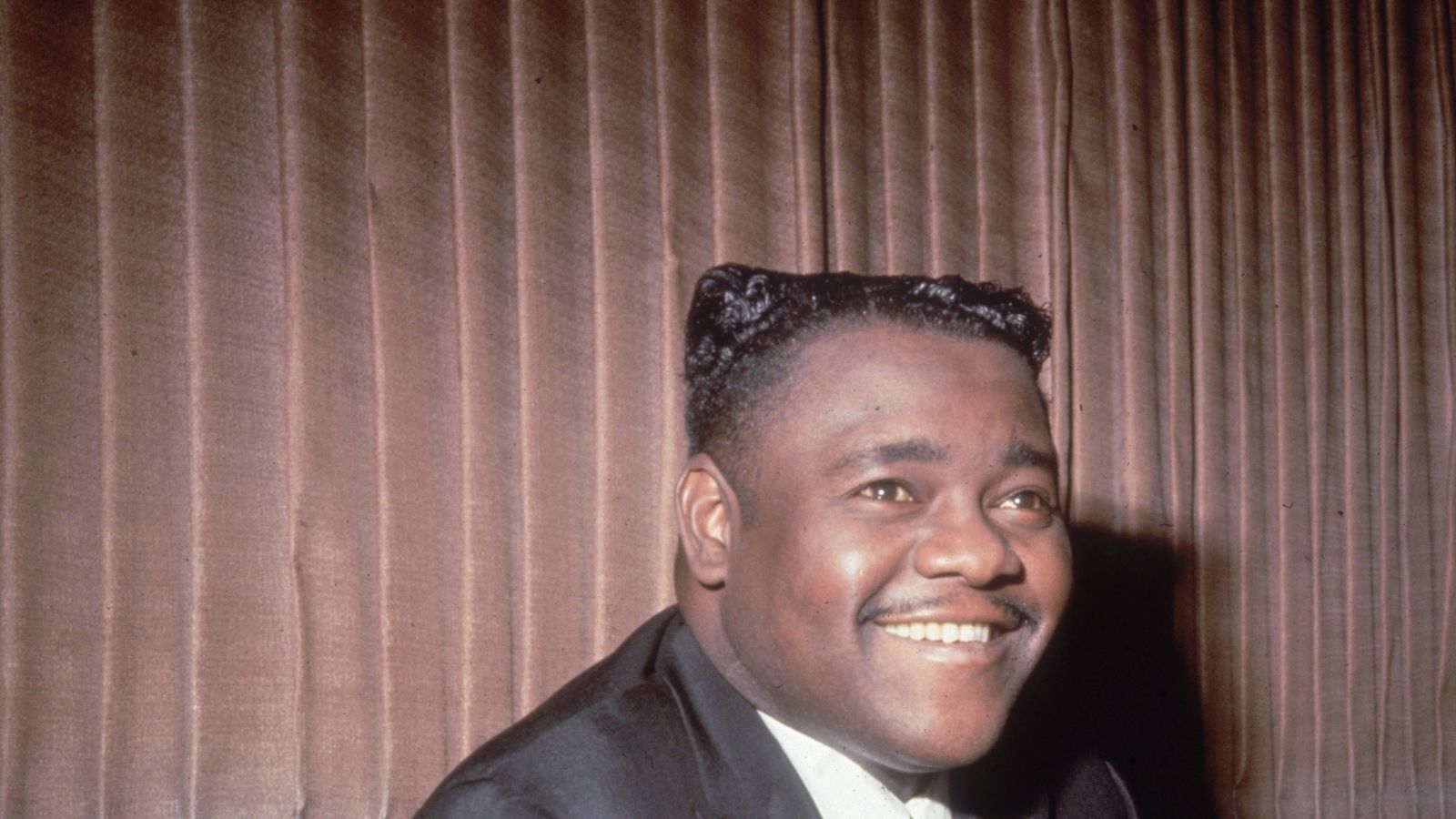
The rhythm we play is from Dixieland - New Orleans."Īfter recording an impressive 37 different Top 40 hits for the label, Domino left Imperial Records in 1963 - later claiming "I stuck with them until they sold out" - and joined ABC-Paramount Records, this time without his longtime sidekick, Dave Bartholomew. Next thing I'd hear, I would either write it down or remember it good." Domino believed the success of his music came from the rhythm: "You got to keep a good beat. Sometimes I wasn't expecting to hear nothin', and my mind was very much on my music. I used to go around different places, hear people talk. "I used to listen to people talk every day, things would happen in real life. Still, Domino continued to ride high on his success through the end of the decade, churning out more rocking hits like “Whole Lotta Loving" (1958), “I’m Ready" (1959) and “I Want to Walk You Home" (1959).ĭomino described his songwriting process as taking inspiration from everyday events: "Something that happened to someone, that's how I write all my songs," he explained. He cemented this popularity with appearances in two 1956 films, Shake, Rattle & Rock and The Girl Can't Help It, and his hit "The Big Beat" was featured on Dick Clark's television show American Bandstand in 1957.ĭespite his enormous popularity among both White and Black fans, when touring the country in the 1950s, Domino and his band were often denied lodging and had to utilize segregated facilities, at times driving miles away from the venue. 2 on the pop charts, Domino's top charting record ever. In 1956, Domino had five Top 40 hits, including “My Blue Heaven” and his cover of Glenn Miller's "Blueberry Hill," which hit No. (It also happened to be the first song John Lennon learned to play on guitar.) The hit record increased Domino's visibility and record sales, and he soon re-recorded it under the revised name, which remains the popular title/version today. 1 on the pop charts, while Domino's original reached No. The two continued to churn out R&B hits and Top 100 records for years, with Domino's distinctive style of piano playing, accompanied by simple saxophone riffs, drum afterbeats and his mellow baritone voice, making him stand out in the sea of 1950s R&B singers.ĭomino found mainstream success in 1955 with his song "Ain't It a Shame," covered by Pat Boone as "Ain't That a Shame" Boone's version hit No. It became the first rock 'n' roll record to sell 1 million copies, peaking at No. Domino's first release was "The Fat Man" (1949), based on his nickname, a song co-written with Bartholomew.


In 1949, Domino met collaborator Dave Bartholomew and signed to Imperial Records, where he would stay until 1963. I started calling him ‘Fats’ and it stuck.” - Billy Diamond Rock 'N' Roll Pioneer Those guys were big names and Antoine-that’s what everybody called him then-had just got married and gained weight. He reminded me of Fats Waller and Fats Pichon. “I knew Fats from hanging out at a grocery store.

In 1946, Domino started playing piano for the well-known New Orleans bass player and band leader Billy Diamond, who gave Domino the nickname "Fats." Domino's rare musical talents quickly made him a sensation, and by 1949 he was drawing substantial crowds on his own. He was inspired by the likes of boogie-woogie piano players like Meade Lux Lewis and singers like Louis Jordan. When Domino was 7, his brother-in-law Harrison Verret taught him to play the piano and introduced him to the vibrant New Orleans music scene by age 10, the talented boy was already performing as a singer and pianist.Īt 14, Domino dropped out of high school to pursue his musical dreams, taking on odd jobs like factory work and hauling ice to make ends meet.

The youngest of eight children in a musical family, he spoke Creole French before learning English. was born on February 26, 1928, in New Orleans, Louisiana. Legendary musician Antoine "Fats" Domino Jr. The music icon died of natural causes in his beloved hometown of New Orleans on October 24, 2017. Although his string of hits largely dried up by the early 1960s, Domino continued to record and tour, and he was among the charter members of the Rock and Roll Hall of Fame. He made a splash with his first release, “The Fat Man” (1949), and later earned widespread fame with tracks like "Ain't That a Shame" (1955) and "Blueberry Hill" (1956). Singer and pianist Fats Domino channeled his roots in New Orleans' thriving music scene to become a pioneering rock 'n' roll star.


 0 kommentar(er)
0 kommentar(er)
